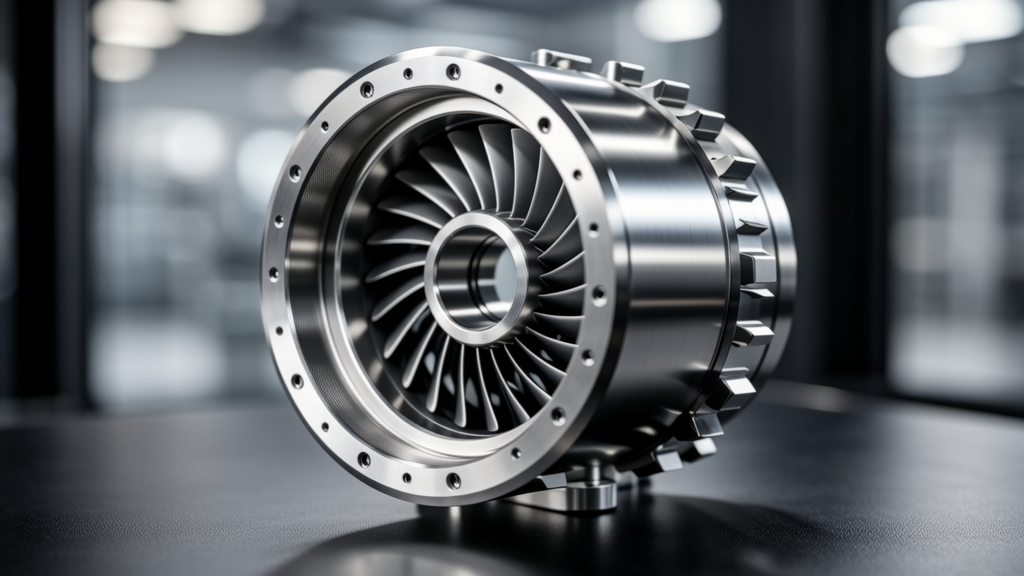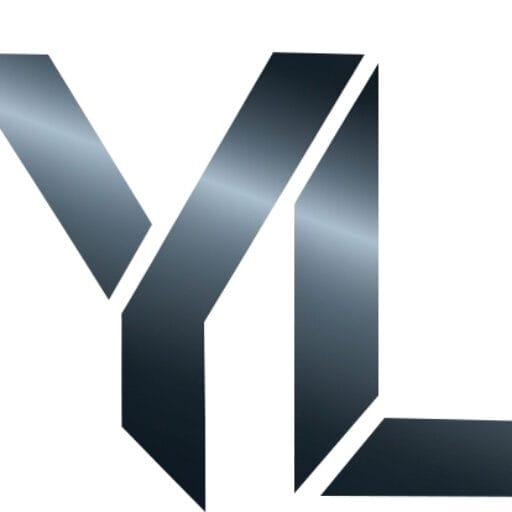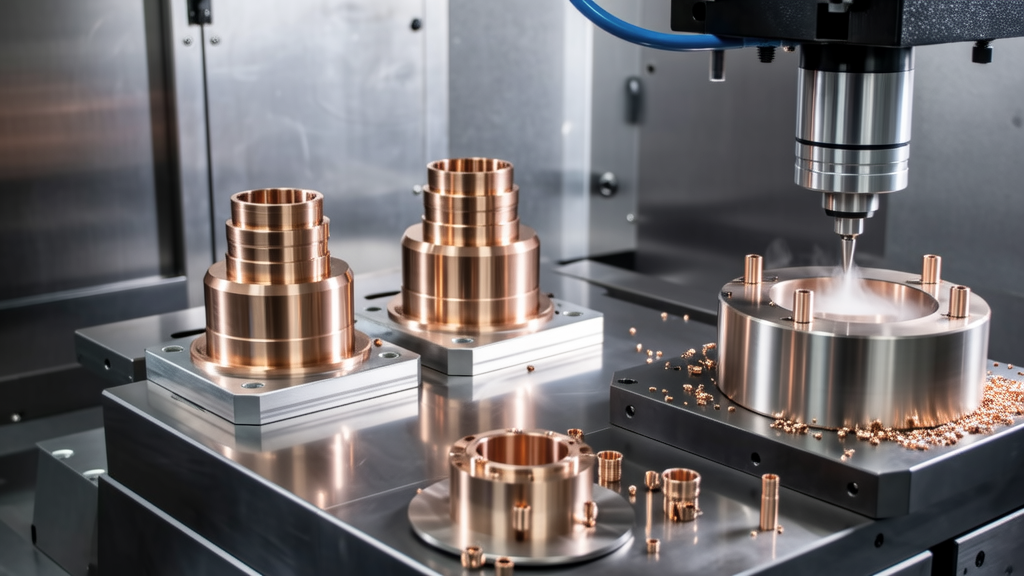Key Qualities of a CNC Machining Vendor
Firstly, you want someone who really understands aerospace applications. This isn’t just about turning a piece of metal; it’s about precision machining that meets the needs of high-stakes industries. Vendors should have experience working on components like aircraft engines, landing gear, and other critical parts. I’ve seen first-hand the difference that expertise can make. I worked with a friend who was sourcing parts for a drone manufacturer, and finding a vendor with specific aerospace experience saved them a ton of troubleshooting down the line. They got it right the first time, which meant less wasted time and money.
Next, certifications are non-negotiable. Look for vendors that hold relevant certifications such as AS9100 or ISO
Lastly, vendor capabilities should also align with your needs. Are they equipped for both large and small production runs? This is especially important if your orders fluctuate. I once knew a company that needed a single high-power part, and their vendor couldn’t handle the small batch size, leading to delays and inflated costs.
Cost Transparency and Risk Management
When it comes to cost, you want to look for transparency. A good vendor should provide a detailed breakdown of costs associated with the machining process, including material costs, labor, and any additional fees. It’s worth asking for a sample quote to understand their pricing model thoroughly.
Understanding the risk involved is also crucial. Have they had any past quality issues? How do they handle mistakes or defects? Knowing how a vendor responds to challenges can provide peace of mind. You want someone who is proactive rather than reactive.
Ensuring Performance Through Technical Verification
Performance verification is another layer where things can get complicated. I can’t stress enough the importance of conducting due diligence with technical parameter verification. What kind of machinery do they use? Is their equipment up-to-date and maintained? This can significantly impact the quality of the end product.

Before you commit, I suggest a site visit if possible. Seeing the vendor’s operation can give you confidence in their capabilities and quality control practices. I remember when I visited a vendor’s facility and saw their rigorous testing processes—it made me reassess the weight I placed on certifications alone.
Summary
In summary, you’re looking for a vendor that combines experience in aerospace parts machining with the necessary certifications and capabilities. Cost transparency and thorough risk management practices are also key to ensuring that you’re not setting yourself up for disappointment. Be vigilant in your verification processes, and don’t hesitate to ask questions. After all, it’s your part they’ll be machining. If you’re still feeling a bit uneasy, I always recommend having a second pair of eyes look over your options, someone who knows the industry—they often catch things you might overlook. If you feel confident about your choices, you’re likely to make a better partnership decision.
What experience should a CNC machining vendor have in aerospace?
You definitely want a vendor who’s seasoned in aerospace applications. This isn’t just any machining; it’s precision work for high-stakes scenarios like aircraft engines and landing gear. My friend once had a tricky time finding a vendor that specialized in aerospace. It can save a lot of headaches down the road if they know the specific requirements. If they can showcase past projects or case studies in aerospace, that’s a good sign.
Vendors who have experience in this field typically know the ins and outs of the industry, which translates into fewer mistakes and higher quality parts.
How important is certification for CNC machining vendors?
Certifications are crucial in this industry. Look for vendors holding certifications like AS9100 or ISO 9001, as they show a commitment to quality standards specific to aerospace. I’ve seen companies overlook this only to face severe quality issues later. If a vendor isn’t willing to share their credentials, I’d be cautious.

These certifications indicate that they have a structured quality management system in place, which is vital for producing reliable aerospace components.
What should I know about a vendor’s pricing structure?
You want to get clarity on how the vendor structures their pricing. A good vendor will always provide a detailed breakdown, highlighting costs for materials, labor, and any ancillary expenses. This is something I always emphasize when sourcing parts; understanding the full cost will help avoid surprises later on.
It’s also wise to ask for a sample quote, which can give you a realistic expectation of what you will pay, especially with custom components.
How can I verify a vendor’s technical capabilities?
Verification should not be underestimated. The vendor’s machinery and processes are pivotal in determining quality. I’ve visited shops where seeing the actual machinery in operation made a huge difference in my confidence. If possible, arrange a site visit to gauge their capabilities.
Additionally, inquire about how they conduct testing and quality checks on their parts. This can provide peace of mind that your components will meet the required specifications.
What risks are involved in choosing a CNC machining vendor?
Choosing the wrong vendor can bring about risks like quality issues, cost overruns, and delayed timelines. I’ve seen companies rush into a decision only to regret it later when complex parts don’t meet specifications. It’s also crucial to understand how the vendor manages problems—can they rectify mistakes quickly?
I recommend digging into their background and even seeking feedback from previous clients if you can. The more you know, the less likely you are to face issues later.



